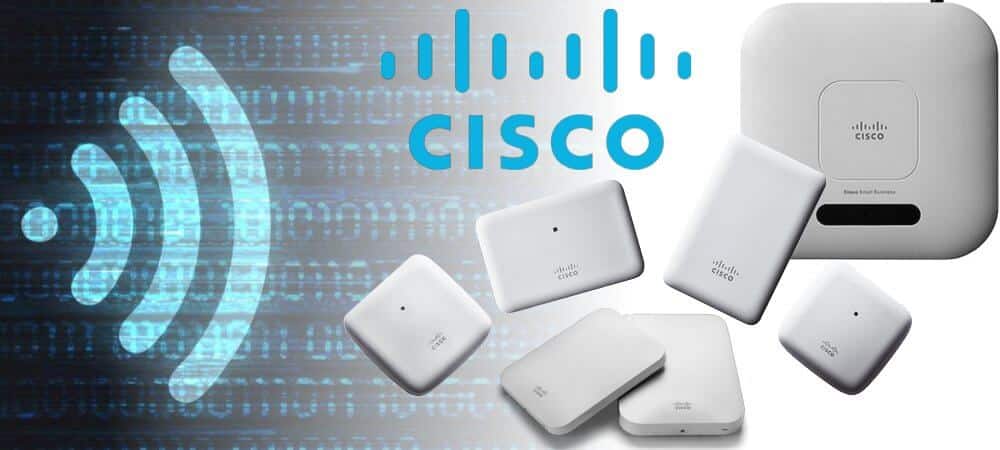Infinian Technology Dealer, Distributor and Partner of Cisco Wireless Access Points: Cisco Catalyst 9100 Series (Latest – Wi-Fi 6 / Wi-Fi 6E) and Cisco Meraki MR Series (Cloud-Managed) in India – Bangalore and Chennai for Price/Cost Call: 9739091119
Cisco offers a wide range of Wireless Access Points (APs) designed for enterprise, SMB, campus, and outdoor environments. These APs support the latest Wi-Fi 6/6E standards and can be managed via on-premise controllers or cloud-based Meraki dashboard.

Cisco Wireless Access Point Families
1. 🚀 Cisco Catalyst 9100 Series (Latest – Wi-Fi 6 / Wi-Fi 6E)
- Ideal for: Enterprises, campuses, high-density networks
- Key Models:
| Model | Standard | Key Features |
|---|---|---|
| C9105AXI | Wi-Fi 6 | Compact, ceiling/wall mountable |
| C9115AXI | Wi-Fi 6 | Entry-level enterprise |
| C9120AXI | Wi-Fi 6 | Enhanced RF, CleanAir Pro, BLE |
| C9130AXI | Wi-Fi 6 | High performance, modular antennas |
| C9136I | Wi-Fi 6E | Tri-band with 6 GHz support |
| C9162I / 9166I | Wi-Fi 6E | Next-gen security & scale |
✅ Supports: OFDMA, MU-MIMO, CleanAir, Flexible Radio Assignment, Cisco DNA Center
🔧 Managed by: Cisco Catalyst 9800 Wireless Controller or DNA Center
2. ☁️ Cisco Meraki MR Series (Cloud-Managed)
- Ideal for: Branches, retail, remote offices, plug-n-play setup
- Key Models:
| Model | Standard | Use Case |
|---|---|---|
| MR36 | Wi-Fi 6 | SMB / retail |
| MR46 | Wi-Fi 6 | Enterprise indoor |
| MR56 | Wi-Fi 6 | High-density |
| MR76 / MR86 | Wi-Fi 6 | Outdoor, rugged |
Key Capabilities & Features
These are features you typically get (or can choose), especially in the newer APs (WiFi 6 / 6E / 7). Some of them matter more depending on your environment.
- Multi-radio designs: Many high-end APs have three radios (2.4 GHz, 5 GHz, 6 GHz or additional sensing/radar/monitoring radios). Allows more capacity, flexibility.
- WiFi version: Some are WiFi-5 (802.11ac), others WiFi-6 (802.11ax) and WiFi-6E (adds 6 GHz spectrum), and newer ones WiFi-7. Newer standards offer: higher throughput, better handling in dens
- Outdoor / rugged / IP-rated enclosures for APs used outdoors or in industrial settings (weather, dust, temperature extremes).
- Management modes:
• Controller-based (on-premise controllers e.g. Cisco WLC, or embedded wireless controller (EWC) running on some Catalyst APs)
• Cloud / dashboard (Meraki) for remote / simpler management.
• Hybrid personas: some Catalyst APs can operate under different management personas. - Security / features: WPA3, Secure Boot, built-in sensors (e.g. environmental sensors), CleanAir / interference detection, spectrum analysis, intrusion prevention, etc.
- IoT / BLE / location / mesh: Many APs support Bluetooth Low Energy / location services, mesh networking, support for many SSIDs, VLAN tagging, etc.
Things to Consider / Trade-offs
When selecting Cisco wireless APs, these are factors / trade-offs you should think about:
| Factor | Why It Matters |
|---|---|
| Throughput & Device Density | If many clients per AP (e.g. conference rooms, auditoriums, classrooms), you’ll need high-end APs with more radios, higher MIMO, possibly multi-gigabit Ethernet uplinks. |
| Spectrum / Interference | If environment has interference (other WiFi, Bluetooth, industrial equipment, outdoor), need APs with good RF features, CleanAir, DFS, etc. |
| Outdoor / Harsh Conditions | For outdoor use: water/dust, temperature, possibly vandalism; ensure IP rating, rugged case, mountings. |
| Powering & Cabling / Uplinks | PoE standards (802.3af / at / bt), multi-gigabit Ethernet support, backhaul capacity, whether fiber/SFP needed. |
| Management Overhead / Complexity | On-premises vs cloud vs embedded controllers; licence costs; need for dashboards, monitoring, firmware updates. |
| Security & Compliance | New standards, firmware updates, secure boot, regulatory compliances. WPA3 etc. |
| Future-proofing | Buying WiFi-6/6E/7 now can extend lifespan; but cost is higher; ensure hardware and software lifecycle support. |
📊 Summary Range & What Affects Price
Based on all this, here’s a rough price bracket you can expect in India (new units):
| Tier / Use Case | Approx Price Range (INR) |
|---|---|
| Basic / entry / older models | ₹4,000 – ₹10,000 |
| Mid-range (modern AC, small business) | ₹10,000 – ₹25,000 |
| High-end / Wave 2 / Wi-Fi 6 / enterprise | ₹25,000 – ₹50,000+ |
| Controller-managed / large scale / Meraki / specialized APs | ₹50,000 – ₹2,00,000+ |
Factors that affect price:
- Wireless standard & radio capability (e.g. 802.11ac, Wave 2, Wi-Fi 6, number of spatial streams)
- PoE / multigigabit support, multiple Ethernet ports
- Management model (standalone vs controller-based vs cloud / Meraki)
- Brand / series / warranty / support / software licensing
- Import / distribution costs
Infinian Technology Pvt Ltd Cisco wireless access point dealers, Distributor and Partner across India-Bengaluru and Chennai, including specialized networking providers and resellers. Many offer enterprise-grade solutions, installation support, and 24/7 service.
What is Cisco Meraki Wireless Access Point?
Cisco Meraki wireless access points provide higher capacity, richer visibility, and a simplified cloud managed administration for a powerful, seamless user experience. The intuitive system is the industry's only end-to-end solution to unify WAN, LAN, wireless LAN and mobile device movement under a single display.
What is the difference between Cisco WLC and AP?
The lightweight AP handles real-time functions like transmission and reception of frames, while the WLC manages everything else. Each lightweight AP communicates with the wireless controller using two CAPWAP tunnels: one for control and one for data traffic.
Can I use Cisco AP without controller?
Yes, Cisco access points can be used without a controller. Cisco offers a feature called "Autonomous mode" which allows the access points to operate independently without the need for a controller. In this mode, the access points can be configured and managed individually.
What is the range of Cisco access points?
The range of a Cisco access point varies but typically has an indoor range of up to 150–300 feet (45–90 meters) in an open environment, with a maximum theoretical range of around 100 meters in ideal conditions. Factors like physical obstructions, building materials, furniture, and other sources of radio interference can significantly reduce this range.
Do Cisco access points need a license?
All Cisco Meraki access points require valid licensing to operate. MR Enterprise license covers the standard MR features, including but not limited to: Cloud management.
How many devices can a Cisco access point handle?
Cisco recommends no more than 25 clients per AP, type of traffic also matters, if the type of traffic is mostly emails, web browsing, etc ... then the value can go up to 35 clients per AP. If the type of traffic is video then the value is around 8 to 10 clients per AP.
What are the types of Cisco WAPs?
- Autonomous APs: Standalone units managed individually.
- Controller-based APs: Managed centrally via a wireless LAN controller.
- Cloud-managed APs: Managed via Cisco Meraki or similar platforms.
Who are some trusted Cisco wireless access point dealers in Bengaluru?
Infinian Technology Pvt Ltd
Contact: 9739091119
Email: sales@infinian.net

Leave a Reply